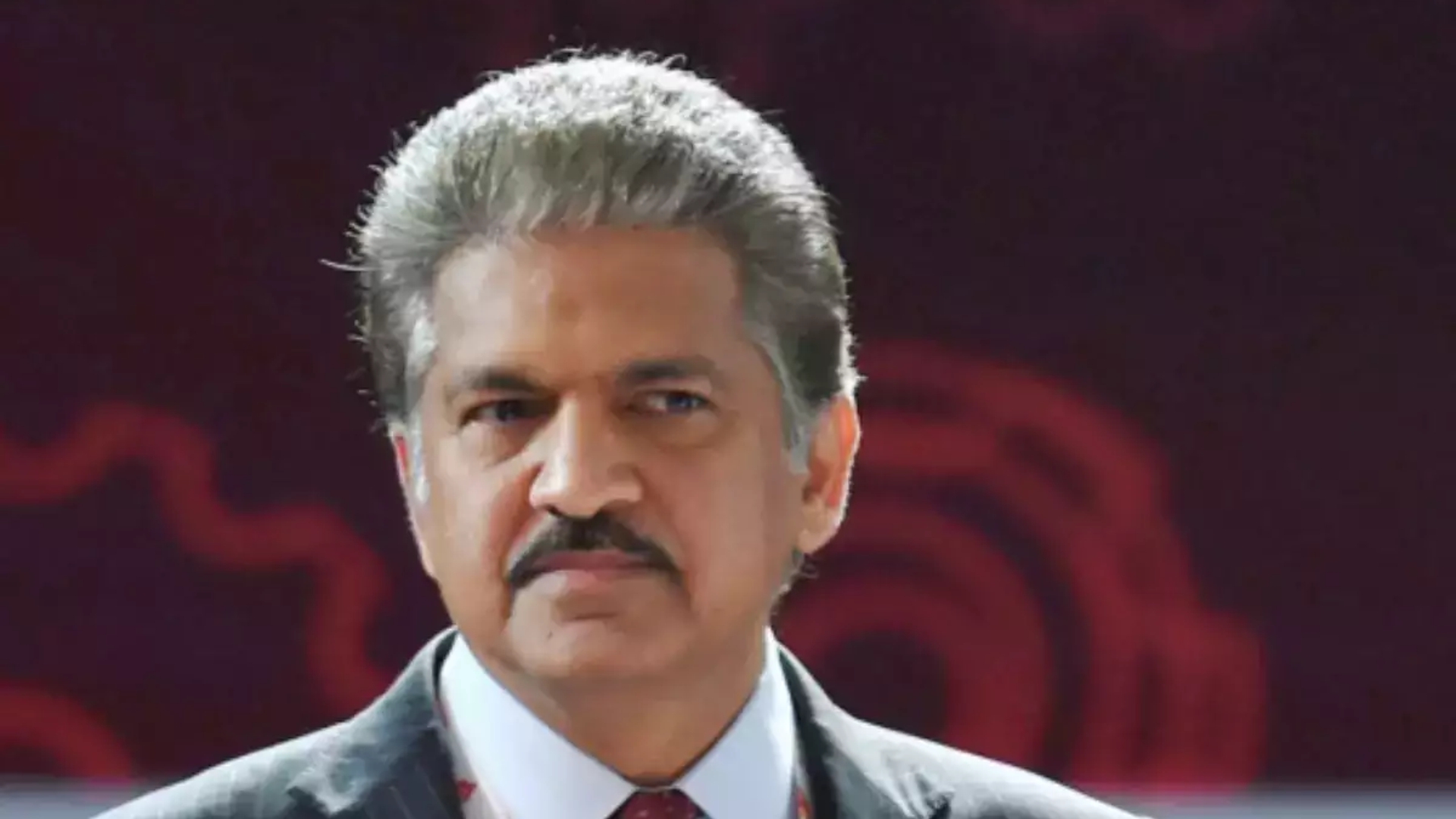Source : PTI | New Delhi: Mahindra Group Chairman Anand Mahindra on Sunday pitched for a partnership between the government and Indian companies for scale, innovation, global reach to help domestic firms play their part in realising India’s ambition of becoming a global power. He also sought support from the government for domestic industry such as extending the PLI scheme to more sectors, simplifying regulations for start-ups and innovators and help in increasing their competitiveness through steps such as lowering logistics costs.
Speaking at the 4th Annual Atal Bihari Vajpayee Lecture, Mahindra also called for India to increase spending on research and development, while acknowledging that the private sector is lagging when it comes to making investments due to a mindset of risk aversion and lowered aspirations.
He emphasised forming a strong partnership between the government and business to capitalise on India’s inherent advantages to become a global leader and power. “I am advocating for a government partnership with Indian companies in three major areas — scale, innovation, and global reach.”
While Korea and Japan helped their companies to build scale through industrial policy and protectionism until their companies reached scale to go global, India did not choose that path, he added.
“I am glad we didn’t. But we do need nurturing and incentivisation for scale. Not through protectionism but support for a limited time horizon,” he said adding the productivity-linked incentive schemes are on the right path, providing a runway for businesses to foray into new sectors and industries.
Although some questions have been raised about the PLI scheme, Mahindra said learnings and tweaks are welcome and asserted the scheme “has given us the courage to build capacity”.
“I’d argue it’s a very powerful instrument of partnerships. Schemes can’t last forever and that’s a good thing but can we spread it wider? Can we spread the reach of PLI schemes to cover larger sections of industry?” he asked.
Seeking government support to tackle the root causes that affect India’s industry’s competitiveness, he said, “Our manufacturing costs are unnecessarily high, land costs, utility costs, logistics costs, all of these contribute to our lack of competitiveness.”.
Mahindra said more innovations in real estate, regulations and judicial reform could release even more value just like initiatives such as “setting up of the India stack and NPCI’s payment rails have been the game changers that have already provided industry with efficiencies that deliver tangible value”.
Raising issues faced by start-ups, Mahindra said spoke to several of them to understand issues they faced. “Almost all of them mentioned that they were literally lost in the maze of existing regulations and controls that are applied to them, sometimes even retrospectively,” he said.
Stating that while the government is working on increased ease of business for investors, he wondered, “How about making life simpler for our innovators, who are pioneers and potential unicorns? We need regulators to work as partners and proponents rather than being seen as taskmasters.”
He further said, “We need to encourage astronomical amounts of innovation for a resurgent India and the less obstacles there are in the way, the better.”
Pitching for government support on global reach, Mahindra said, “Scale and global reach go together like the proverbial horse and carriage. Once scale is unlocked, it needs global reach to be fully leveraged. Made in India must become a globally recognisable brand.”
This calls for more marketing, more trade shows, more participation in global meets to showcase ‘Made in India’ to the world. In a nutshell — bigger budgets and effective pitching, he said.
“Another way of extending global reach is through international aid tied to Indian industry. We extend substantial aid to developing countries but if this could be tied to purchasing from Indian manufacturers, it could help open doors for Indian companies in otherwise closed markets,” Mahindra said.
Mooting the making of business as an instrument of foreign policy, he said, “There is great potential for closer alignment with Indian industries that are ahead of the curve.”
“Can we partner with the government to invest in climate technology across the world, particularly in developing nations? Can we have a shared vision of Indian solar farms across the globe?” he noted.
On the lack of private sector investments and the growth being disproportionately fueled by government investment, Mahindra attributed it to mindset of risk aversion and lowered aspirations.
“I’m not sure it’s a resource problem. I think it’s a problem again of mindset of risk aversion, of lowered aspirations, PCSD (post colonial subservience disorder) shackles us with invisible handcuffs that we don’t even realise are there. It shakes our self belief and waters down our aspirations, and in business it makes us risk averse. Sticking to the tried and true, rather than blazing new paths, it makes us fear failure,” he lamented.
Mahindra further said, “It makes us settle for ‘Jugaad’ when we are capable of ‘Jhakaas’ — the Maharashtrian colloquial word, which means Wow. For too long have we carried this imputed sense of inferiority, it’s time to change,” he said.
“There are increasing large-scale investments in sunrise industries such as semiconductors and batteries, and I hope that this is the beginning of a strong investment cycle,” Mahindra said.











